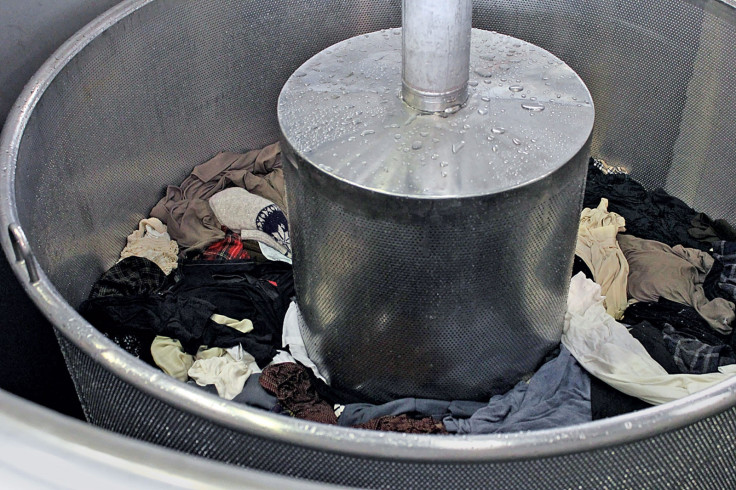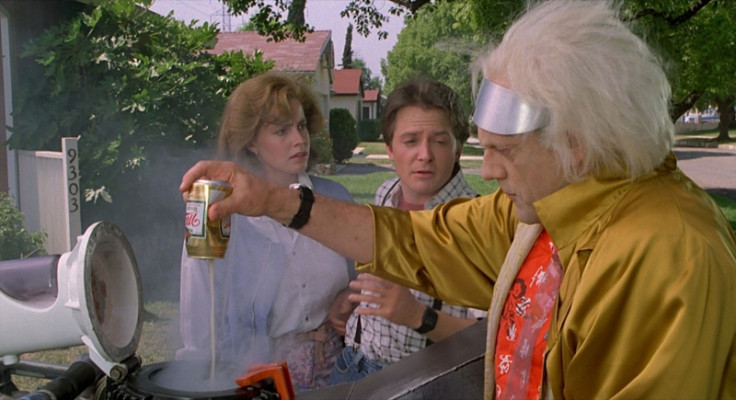Rags to riches: Japanese company turns old clothes into fuel using Back to the Future technology
The unique process breaks discarded garments into ethanol, commonly found in engine fuel.

If you thought there wasn't any use for your discarded garments beyond donating them to charity, think again. A company in Japan is on a mission to put the millions of tons of clothing thrown away in the country each year to good use by turning them into fuel.
Tokyo-based recycling company Jeplan has developed a means of extracting cotton fibres from old clothes and converting them into ethanol, an alcohol that is commonly used in engine fuel and fuel additives. It does this through a series of distilling and vaporising processes that also allows it to extract polyester fibres for reuse in new clothing.
According to the company, 90% of the 100 million tons of clothes discarded in Japan each year is sent to landfills or incinerated. This means that only 10% of clothing produced annually in the country gets recycled.
Masaki Takao, co-founder and CEO of Jeplan, told Bloomberg that one ton of old clothing could produce approximately 700 litres of ethanol, while only generating half the amount of CO2 that's produced when making the substance from scratch. Takeo likens the production method to Mr Fusion, the fictional reactor used to power Emmet Brown's DeLorean in Back to the Future 2, using household waste.

It's a novel approach, and one that doesn't face a lot of competition. "Nobody is doing it, because it's so difficult," said Takao, who is now attempting to rope clothing and sports brands into Jeplan's recycling efforts.
The company will need some 30,000 tons of old clothing each year to produce enough polyester to make it a viable alternative to traditional production methods. To get the public involved, Takao and his team have purchased a full-size replica of the Back to the Future DeLorean from Universal Studios.
They'll use this to promote their work in Japan, touring the country's shopping malls and some 2,100 other locations while doling out collection boxes.
"It's hard to motivate consumers with appeals to earnestness or concern for the earth, but they will join if it's something fun," Takao told Bloomberg. "By doing these kinds of events, we hope to effect a cultural change around recycling."
© Copyright IBTimes 2025. All rights reserved.






















